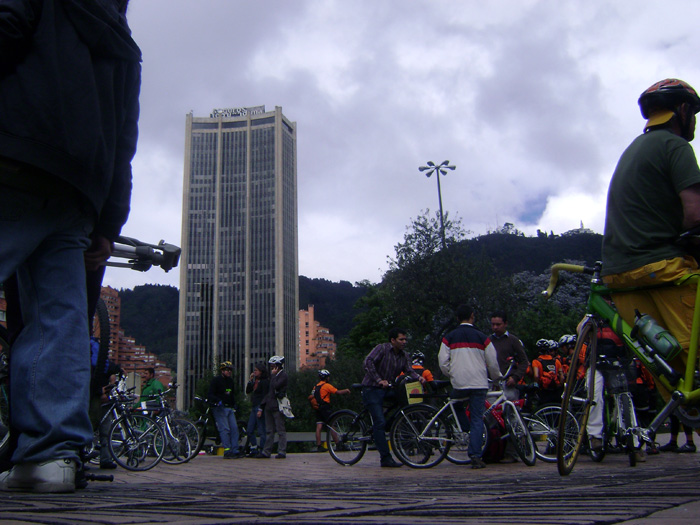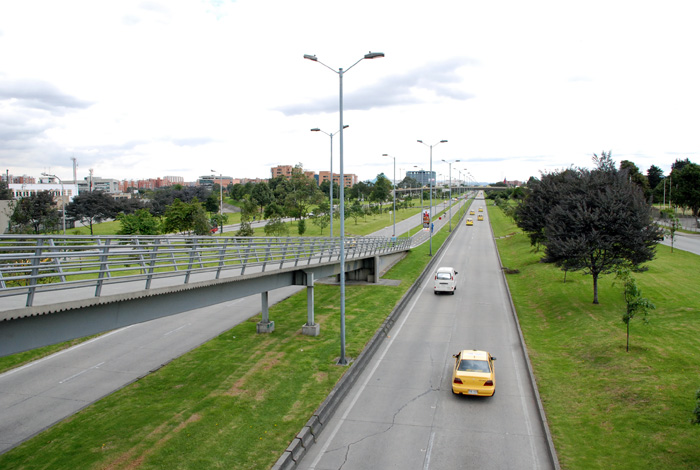The professor explained that, despite these emissions are reduced in the Car Free Day; it was a mistake changing the name to "Clean Air Day" in Bogotá, since the main contamination agent in this city is the particulate material, mainly emitted by these vehicles and not by particular cars.
Professor Néstor Rojas, from the Engineering and Environmental Chemistry Department of Universidad Nacional de Colombia, affirmed that the Car Free Day was conceived as a pedagogic alternative regarding the way people move in the cities, "it is an opportunity to reflect on the transportation alternatives when people do not count on an automobile to move, the environmental reflection was secondary."
He also indicated that on the previous Car Free Days, the presence of buses and small buses has increased the contamination levels, producing a more dense and dangerous air for public health.
"In contrast, the days without buses or small buses due to transportation strikes have had as a consequence cleaner air in the city. In conclusion, the Car Free Day is not necessarily the Clean Air Day. Instead, this should be a day to think about better transportation options in the city apart from private vehicles," asserted the expert.
First Thursday of February
Today, February the 3rd, the 12th version of the Car Free Day will take place, an idea that aims at reducing the noise and contamination levels in Bogotá.
On February 24th, 2000, according to Decree 124, the first Car Free Day, now called Clean Air Day, took place, in which the circulation of cars in Bogotá is restricted from 6:30 a.m. to 7:30 p.m. and with Decree 1098 of the same year, it was established the last Thursday of February as the day to carry out this idea to motivate the citizens on the use of alternative transportation means and promote health and save energy.
Less restrictions, more culture
As far as he is concerned, the chemical engineer Marcelo Riveros Rojas affirmed that several Car Free Days do not alleviate contamination. "The idea is teaching people and the citizens that automobiles produce atmospheric contamination."
He also mentioned that this is a good idea, but it is necessary to work on the culture of people, organize the transportation, and follow the transit signs, "there are many things, and the Car Free Day is just one of them," said professor Riveros, who emphasized that a bus free day should be created. "Let"s compare the car free day and the bus free day and we will be surprised," he asserted.
 Correo Electrónico
Correo Electrónico
 DNINFOA - SIA
DNINFOA - SIA
 Bibliotecas
Bibliotecas
 Convocatorias
Convocatorias
 Identidad UNAL
Identidad UNAL




